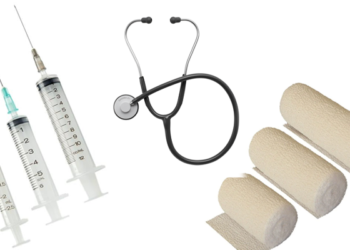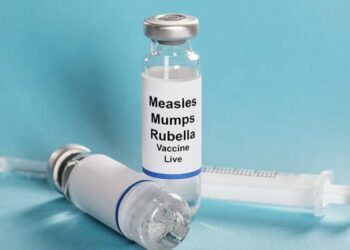In a major boost to healthcare education, the Office of the Senior Special Assistant to the President on Sustainable Development Goals (OSSAP-SDGs) has donated a modern hostel block to the National Orthopaedic Hospital, Igbobi, Lagos. This facility aims to provide comfortable housing for nursing students, aligning with the federal goal of producing 120,000 nurses annually.
At the commissioning ceremony, the Minister of State for Health and Social Welfare, Mr. Tunji Alausa, highlighted the hostel’s advanced amenities. “The 36-bed hostel includes en-suite bedrooms, kitchenettes, common rooms with flat-screen TVs, and internet access, accommodating over 120 female nursing students,” Mr. Alausa stated.
Mr. Alausa also announced additional commitments by OSSAP-SDGs. “We will build a second hostel at Igbobi and another for the Federal Neuro-Psychiatric Hospital Yaba. These facilities are crucial for achieving our nursing production goals. Our youth are our future, and we must create environments where they can thrive,” he emphasized.
Princess Adejoke Orelope-Adefulire, Senior Special Assistant to the President on Sustainable Development Goals, expressed her delight at the event. “This state-of-the-art hostel is one of many health projects by OSSAP-SDGs across Nigeria,” she said.
Detailing the hostel’s features, Princess Orelope-Adefulire noted, “The new building has 26 rooms, 2 kitchenettes, 2 matron rooms, and 2 lounges, accommodating up to 144 students. This facility ensures our nursing students have a safe, comfortable place to live, essential for their studies and professional growth.”
She emphasized the hostel’s benefits in addressing accommodation issues, reducing commute time, and enhancing academic performance. “By resolving these challenges, we are improving education quality and contributing to SDG-3, which promotes health and well-being,” she added.
Princess Orelope-Adefulire reaffirmed OSSAP-SDGs’ commitment to the Sustainable Development Goals in Nigeria. “We will continue to prioritize impactful interventions to ensure no Nigerian is left behind.”
The new hostel at the National Orthopaedic Hospital, Igbobi, marks a significant step in enhancing healthcare education, supporting Nigeria’s future nurses, and ensuring they are equipped and motivated to contribute to the nation’s healthcare sector.











